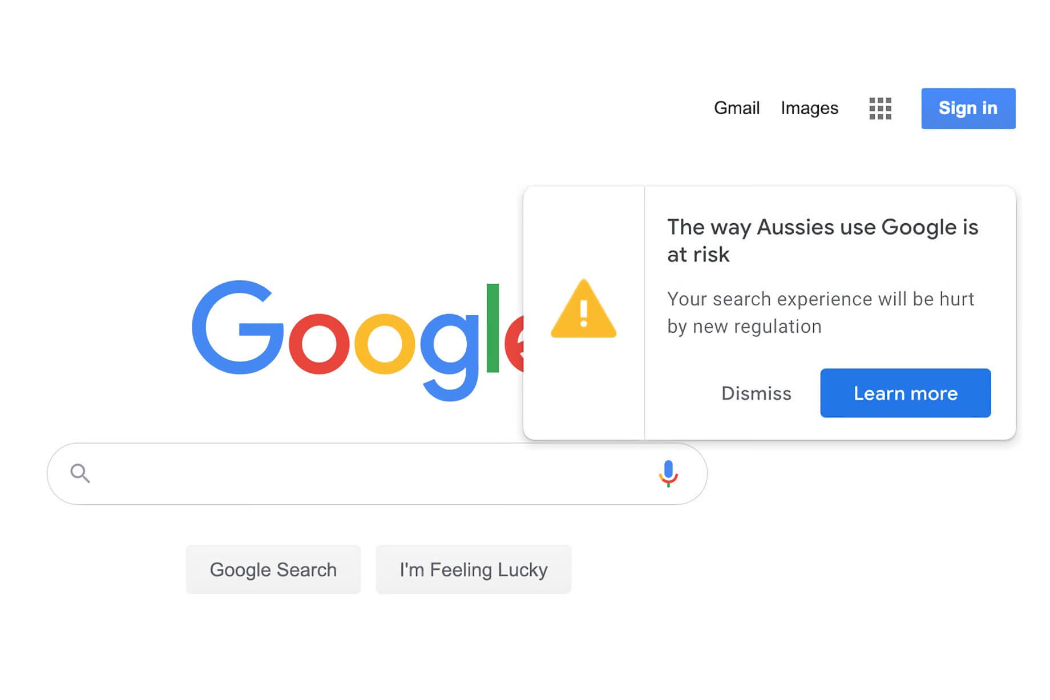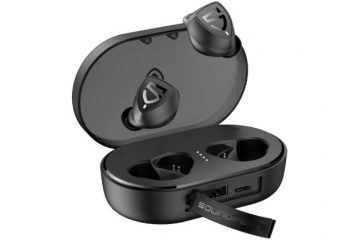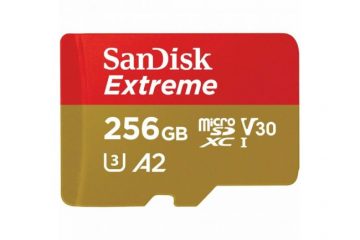The Issue on the News Media Bargaining Code Gets Quite Serious
Here’s a rundown of what’s happening.

The ongoing fight between Google, Facebook and Australian news publishers have been a source of entertainment for some and a cause of concern for the others. There was an interesting twist in the tale today as Google decided to show its reluctance to the draft News Media Bargaining Code by posting an open letter.
The search engine giant that generated a whopping revenue of $4 billion in Australia last year wrote the open letter opposing the draft News Media Bargaining Code that came directly from the top. The company’s ANZ Director Mel Silva talked about the code that’s an inception of the Australian Competition & Consumer Commission (ACCC).
Putting up the letter on the front page of the internet to let everyone know about the draft News Media Bargaining Code is a smart move by Google. The company has also added a warning that says “The way Aussie search every day on Google is at risk from new Government regulation.” To top it off, the company has accompanied the message by a hazard sign that will surely draw most eyes.
Google has also gone a step ahead to let people know about the draft News Media Bargaining Code issue. A prompt comes up during the search that says “The way Aussies use Google is at risk, your search experience will be hurt by new regulation”.
Why is Google Worried?
People who don’t know about the draft News Media Bargaining Code might wonder why Google is trying so hard to catch people’s attention regarding the issue. Such readers should know that ACCC or Australia’s watchdog had investigated for one and a half year and reported that digital platforms like Google and Facebook had a lot of power. In contrast, the news publishers weren’t that powerful. So, the ACCC suggested that the Australian government should create some rules regarding negotiations between tech platforms and news publishers.
ACCC released the draft News Media Bargaining Code at the end of July, and it lays out a process for negotiation and insists that the platforms must share more information with the publishers. Google immediately opposed the draft News Media Bargaining Code while Facebook declined to comment. It must be noted here that Facebook had rejected the idea of paying for news previously.
Why is Google Warning Australians?
Many Aussies might be wondering why Google is involving the common people in the debate regarding the draft News Media Bargaining Code. Silva answered that in the open letter by saying that the draft News Media Bargaining Code will affect free services like YouTube, Search and Gmail at risk. It’s a veiled threat that says if the draft of News Media Bargaining Code goes through, the free services will be affected and even might be discontinued.
She wrote “A proposed law, the News Media Bargaining Code, would force us to provide you with a dramatically worse Google Search and YouTube, could lead to your data being handed over to big news businesses, and would put the free services you use at risk in Australia.”
Gautam Anand, YouTube’s Head of APAC also posted a similar post regarding the draft News Media Bargaining Code to Google Australia blog. It addressed Australia’s creators primarily.
These posts by Google and YouTube clearly show that Google is doing its best to oppose the draft News Media Bargaining Code and is ready to appeal to the public directly to pressurize the government.
Interestingly, it isn’t the first time a tech company has tried to mobilize its large user base. Uber previously used this tactic when it called on the users across the globe, including Australia to lobby politicians to change laws and make them more rideshare-friendly.
ACCC’s Response
Rod Sims, Australian Competition and Consumer Commission Chief spoke regarding Google’s open letter that aims to shed light on the draft News Media Bargaining Code. He accused Google of spreading misinformation regarding the draft News Media Bargaining Code.
He said, “Google will not be required to charge Australians for the use of its free services such as Google Search and YouTube unless it chooses to do so.” He added that Google wouldn’t need to share any additional user data with Australian news businesses unless the company chooses to do so.
He also said “The draft code will allow Australian news businesses to negotiate for fair payment for their journalists’ work that is included on Google services. This will address a significant bargaining power imbalance between Australian news media businesses and Google and Facebook.”
It’s pretty clear that the struggle regarding the draft News Media Bargaining Code has just begun and it will go on for a while. We’ll keep you updated as the story develops.


News Media Bargaining Code












